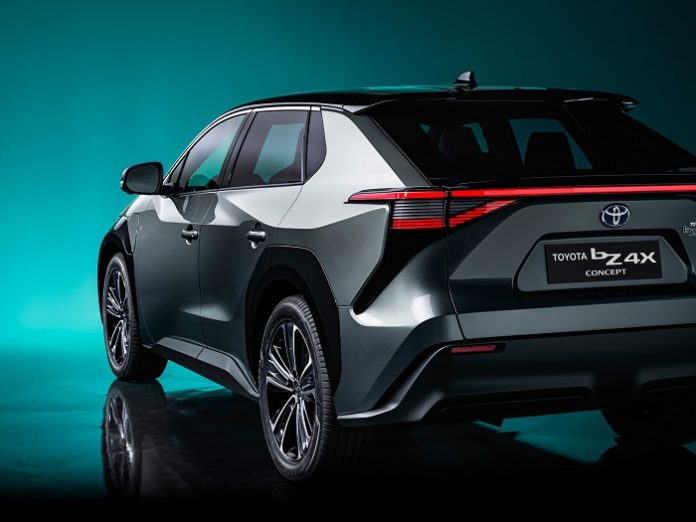Toyota said Tuesday it will invest $13.6 billion into batteries for electric and hybrid cars by 2030, as the world’s biggest automaker pushes to make its production carbon-neutral.
The Japanese car giant said in a presentation it plans to pour 1.5 trillion yen into the development and supply of batteries for electric vehicles and that it aims to cut battery costs by half per car by 2030.
Toyota said in June it aimed to make its production carbon-neutral by 2035, replacing the previous target date of 2050.
One of the ways the company hopes to realise its goal is by introducing new technologies for painting vehicles—one of auto production’s most power-gobbling procedures—such as replacing paint with adhesive film.
Toyota is a pioneer of hybrid vehicles and autos using hydrogen fuel and is also stepping up its development of battery-powered electric cars.
Japan’s Prime Minister Yoshihide Suga in October set a 2050 deadline for the world’s third-largest economy to become carbon neutral, significantly firming up the country’s climate change commitments.
The nation has struggled to cut carbon emissions after shutting down reactors following the 2011 meltdown at the Fukushima nuclear power plant.
In November, engineering giant Toshiba said it would stop constructing new coal-fired power plants and shift to renewable energy in a bid to reduce greenhouse gas emissions.








